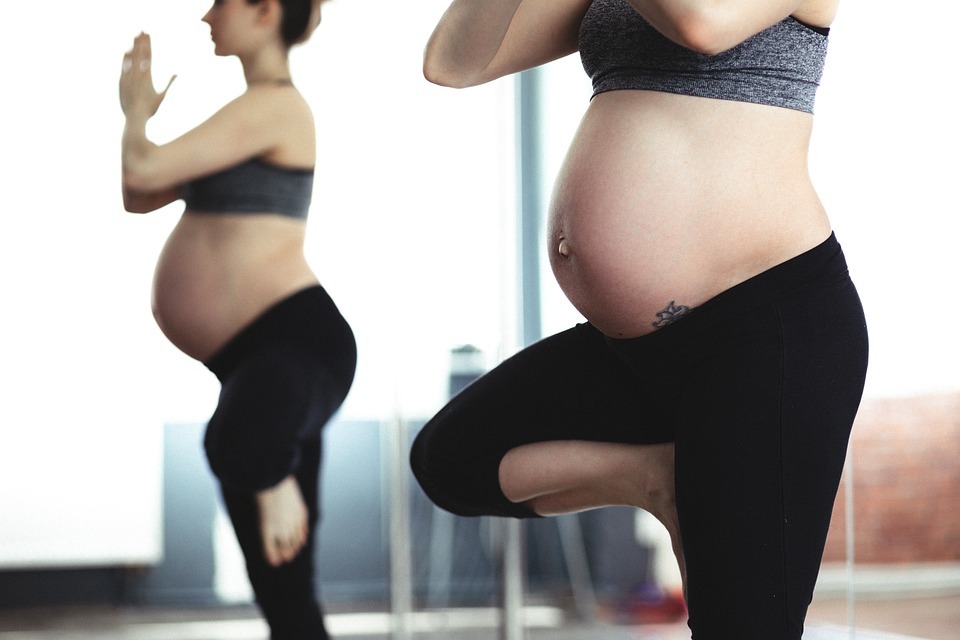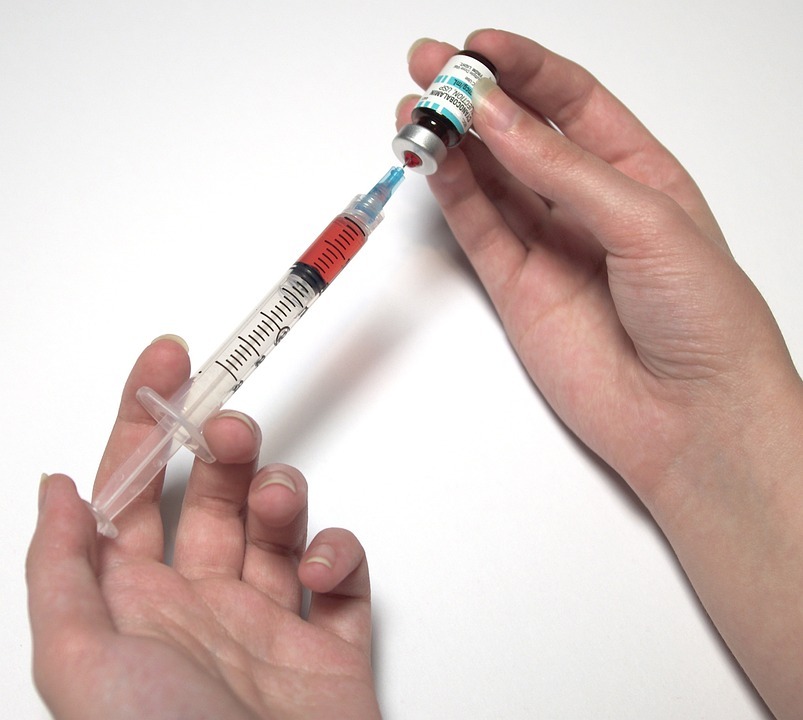There may be misunderstandings regarding what is acceptable to do when pregnant. Although it’s common knowledge to try to eat healthily while avoiding some foods, exercise, and take prenatal multivitamins, you might be amazed by other things.
You are in charge of providing a nurturing, healthy environment for them to grow in before your tiny bundle of joy arrives.
This list of pregnant dos and don’ts might help you understand what you should and shouldn’t worry about.
Pregnancy Do’s
Do take a multivitamins
The best method to provide your body the nutritious nourishment it needs to support a growing baby is to eat a balanced diet that is high in vitamins and minerals. However, a nutritious diet might not be sufficient on its own during pregnancy.
Pregnancy vitamins have increased concentrations of several nutrients, which pregnant moms need in higher amounts. Examples include:
- Folic acid
- Calcium
- Iron
These vitamins support healthy fetal development and lower the risk of birth abnormalities. You can get the greatest multivitamin or set of vitamins for you by consulting your doctor.
Typically, a multivitamin will contain either DHA, EPA, or both. These omega-3 fatty acids are essential for the healthy development of your baby’s brain.
However, don’t take more than one dose of a multivitamin. Some vitamins might harm a newborn if used in excess.
Do get lots of sleep
Changes in hormone levels, excitement, and anxiety during your nine months of pregnancy could all contribute to difficulty falling asleep. You’ll need your sleep because pregnancy is demanding especially in the last trimester.
If you’re feeling fatigued, take a quick nap, and plan naps whenever you can. Set and adhere to bedtimes.
Sleep for 7-9 hours every night if you can. Give yourself as much sleep as you can because being tired is an indication that your body needs more rest.
Do work out
The days of expecting mothers abstaining from physical activity are long gone because we now understand the benefits of exercise for the mother and the developing baby as well.
In reality, regular exercise may aid you in overcoming a number of pregnancy-related problems, such as:
- Insomnia
- Muscle pain
- Excessive weight gain
- Mood problems
Keep up your fitness routine if you did it frequently before being pregnant. If you need to make any routine changes, especially as you enter your second and third trimesters, discuss them with your doctor.
Ask your doctor about adding a fitness program to your day if you didn’t do it regularly before you learned you were expecting. They can help you find a program that is both secure and welcoming for you and your developing child.
Do eat seafood
Omega-3 fatty acids, zinc, and iron are among the heart-healthy nutrients that are abundant in seafood. Each of these matters for both the mother and the child. However, seafood that is uncooked or undercooked may result in issues.
When completely cooked, dangerous bacteria and viruses that may be present in seafood are destroyed. Pregnant women should also stay away from raw seafood and fish that may be rich in mercury.
Fish with high mercury levels include, for instance:
- Shark
- Swordfish
- Tilefish
- King mackerel
Consume a variety of seafood to avoid having a mineral concentration from a single type of fish. During the week, eat no more than 12 ounces of fish.
Do have sexual intercourse
As long as you don’t have a complicating condition like placenta previa or any sort of high-risk pregnancy, having sexual intercourse while pregnant is okay.
Up until your period starts, having sex with your partner is safe. You might have to attempt different postures if you’re uncomfortable. Consult your doctor if you have any concerns about the safety of engaging in sexual activity while having a baby.
Do practice yoga
Bikram or hot yoga should be avoided, but other types of yoga are safe to practice while expecting. Look for yoga courses for expectant women that are gentle or pregnant. The instructors in these programs will be aware of the ideal stances and those you should avoid.
Consult your doctor before enrolling in a yoga class if you didn’t practice the technique before becoming pregnant. It’s conceivable that you can begin, but it’s best to discuss the risks and issues with your doctor.
Do get a flu shot
If there are no contraindications listed by the manufacturer, pregnant women can and should have the flu shot.
It’s not a live virus being injected. The influenza vaccine does not cause the illness. The risk of experiencing serious side effects from influenza during pregnancy is higher than it is for women of similar age who aren’t pregnant.
The immunization will protect both your unborn child and yourself.
Do gain weight smartly
Expectant mothers are advised to “eat for two,” but this does not give them the freedom to eat anything they want. Women should instead plan out their meals and portion sizes.
Significant weight gain during pregnancy may be more harmful to the unborn child than beneficial. You simply require a few hundred more calories each day throughout the first trimester to maintain your developing fetus.
By the third trimester, that extra calorie amount is more in the range of 300 to 500 each day.
Do visit your dentist
For many years, people put off visiting the dentist out of concern that getting their teeth cleaned might spread bacteria and trigger an infection. Now, we are aware that this is not just the case.
The American College of Obstetricians and Gynecologists advises pregnant women to get routine dental cleanings in addition to an oral health assessment. Make sure your dentist is aware of your pregnancy.
Do ask for help
During your first trimester of pregnancy, are you already feeling more exhausted than usual? Ask your partner to assist you more, perhaps taking on a few extra housework duties to lighten your load.
Take advantage of the support system you have. Obtain assistance from a friend or relative. Make the necessary arrangements to obtain adequate sleep so that both you and your developing child will be healthy. More time for rest will be provided for you if you have more assistance or less things to complete.
Pregnancy Don’ts
Don’t smoke
Compared to children born to non-smoking moms, babies born to pregnant smokers are more likely to be smaller at birth and more likely to have learning problems.
Due to physiologic nicotine addiction, children born to smokers have a higher likelihood of trying smoking at a younger age and becoming regular smokers sooner.
Don’t drink alcohol
Your baby’s growth could be significantly impacted by alcohol. Fetal alcohol syndrome can be delivered by women who use alcohol during pregnancy. (FAS).
FAS symptoms include:
- Low birth weight
- Learning disabilities
- Behavior problems
- Lagging patterns in terms of growth and development milestones
Alcohol can be an issue in even small amounts. There doesn’t seem to be a safe amount of alcohol consumption during pregnancy.
Consult your doctor as soon as possible if you need assistance quitting drinking while pregnant. Your child is more likely to be healthy the earlier you seek assistance.
Don’t eat raw meat
Meat and eggs that are raw or undercooked increase the risk of contracting foodborne illnesses such as listeriosis and toxoplasmosis. Another risk is food poisoning.
These diseases have the potential to result in serious, life-threatening infections, severe birth abnormalities, and even miscarriages. Eat only fully cooked meat and eggs while you are having a baby.
Don’t eat deli meat
Foodborne illnesses like listeriosis and toxoplasmosis can be contracted via deli foods, which include hot dogs, sausages, smoked salmon, and other cured meats.
Sliced meats provide far more surface area where bacteria can thrive. You can lower your risk by thoroughly boiling these processed proteins.
It’s also important to consume cheese and milk that have been pasteurized, not raw. Produce should always be washed to help remove hazardous microorganisms.
Don’t eat unpasteurized milk products
Moms must be careful when consuming dairy products because calcium is essential for growing kids.
Since raw milk isn’t pasteurized, it isn’t advised for expectant moms. This indicates that the microorganisms that could make you sick haven’t been killed by heating.
Particularly, the bacterium Listeria may be present in raw milk. It may result in sickness, miscarriage, or even potentially fatal outcomes.
Don’t sit in a hot tub or sauna
Even though they are soothing, hot tubs, Jacuzzis, and saunas can be too hot for pregnant women to be in.
Utilizing one of these during your first trimester may increase your risk of miscarriage by double. By raising body temperature while soaking in hot water, bathing a newborn can lead to health issues, including a higher risk of birth abnormalities.
Don’t drink a lot of caffeine
The heart rate of your unborn child may be raised by caffeine as it crosses the placenta.
According to recent studies, women can safely drink one or two cups of coffee each day, but you should avoid drinking a triple-shot latte while you’re pregnant.
Don’t clean the cat’s litter box
You can pet your pet as much as you like and then wash your hands, but avoid cleaning the litter box of a cat.
Millions of bacteria and parasites are present in cat feces. Toxoplasma gondiiTrusted Source is one in particular that is hazardous to pregnant moms.
If you do, you might not realize it until your pregnancy starts to have issues. There is a chance of miscarriage or stillbirth. Babies that acquire this parasite may experience severe health issues, such as convulsions and mental impairments.
Don’t overheat
50 percent of pregnant women overeat. When that occurs, the newborn is more likely to become obese as an adult. Doctors dispute whether you need any extra calories during this first trimester, but you will require more calories throughout the second and third trimesters. Eat until you’re full, then put the fork down.
Conclusion
There are several kinds of dos and don’ts during pregnancy that women should go by for the well-being of both themselves and their unborn child. Your reference for having a healthy pregnancy and child is mentioned in this article.





